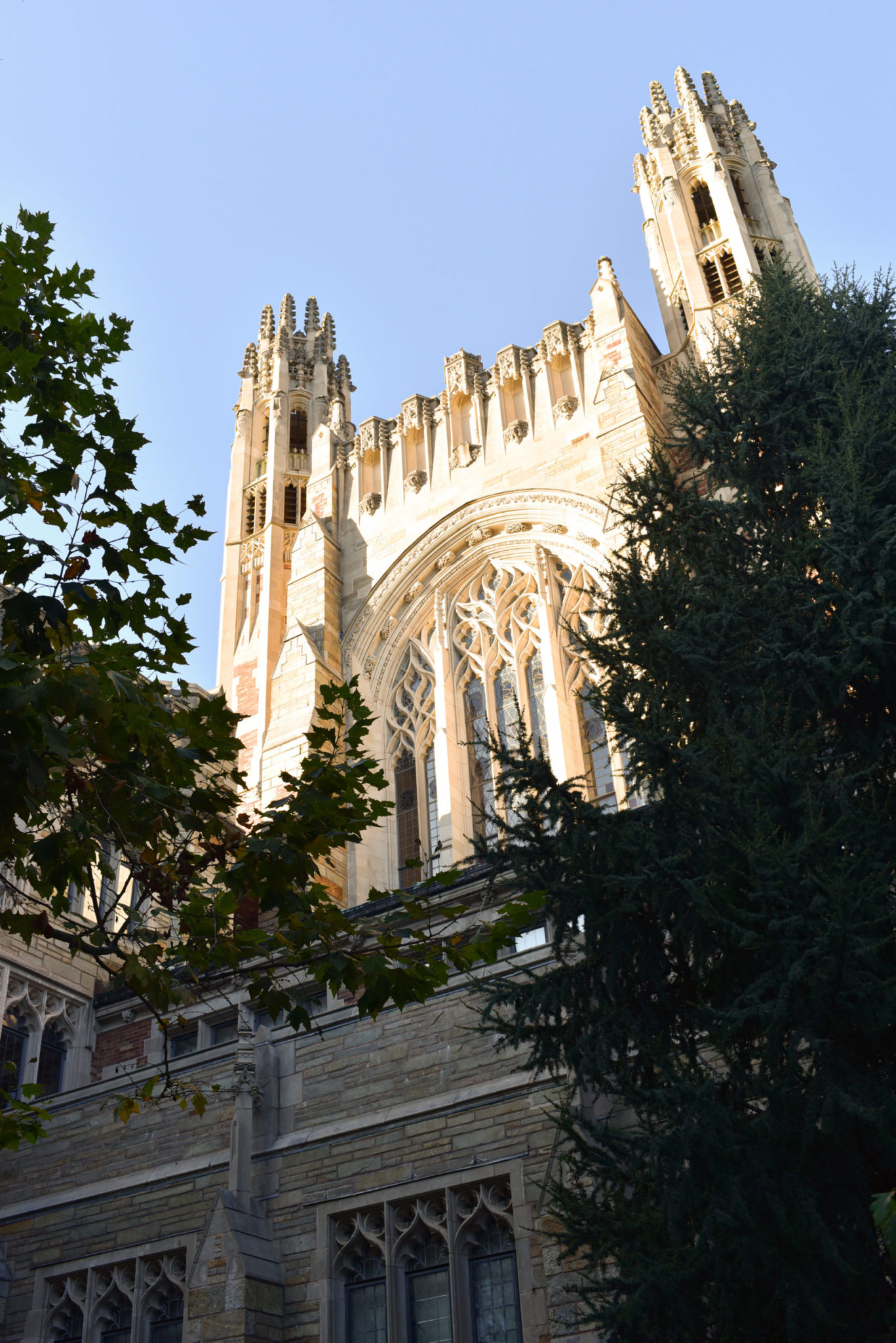
Ryan Chiao
Weeks after the University suspended Yale Law School professor Jed Rubenfeld due to allegations of harassment, students and professors are demanding that Yale conduct its sexual misconduct investigations in a more transparent way.
Publicity surrounding investigations into Rubenfeld’s conduct first appeared in 2018. In the years since, students said they never heard from administrators about proceedings surrounding Rubenfeld, who continued teaching throughout the investigation. Yale Law School Dean Heather Gerken released a message to the broader Law School community last week, stating that while she is unable to comment on the existence of misconduct allegations, all matters of misconduct are dealt with “thoroughly.” Yale did not announce the suspension, and many members of the Law School community found out about the ruling through a New York Magazine article. At least two students and a coalition of 27 tenured professors — including Davenport Head of College John Witt ’94 LAW ’99 GRD ’00 and former Law School Dean Robert Post LAW ’77 — have addressed sexual misconduct at YLS via “The Wall,” a Law School community group email list.
“Student complaints of abuse and harassment always deserve to be heard and, if substantiated, require consequences,” the professors wrote in the letter. “[It] takes extraordinary courage, and trust, to file a complaint against a faculty member, and we express our support for students and others who show the courage to participate in the process.”
Students also wrote to the Yale Law School community and demanded that the University institute changes to make its investigations more transparent. Dianne Lake ’16 LAW ’21 emailed the Law School community on the day the Rubenfeld story broke and said that she was “deeply disappointed” that word of the investigation’s outcome did not come from the Law School administration. Lake added that the Law School must preserve its institutional memory, as most of its current students will have graduated by the time Rubenfeld returns at the end of his two-year suspension. She prefaced her her note with a statement of solidarity with victims of harassment who risked retaliation by coming forward.
“I urge you too to continue to reckon with and preserve this knowledge and continue to hold this institution accountable,” Lake said.
In an email to The Wall, Mollie Berkowitz LAW ’21 thanked the tenured professors for their letter. She also expressed discontent with the Yale Law School administration for its lack of transparency.
“I am extremely disappointed that neither Dean Gerken nor any members of the University administration, as far as I am aware, have made any explicit, clear statements to defend the integrity of the process in light of [professor] Rubenfeld’s claim that he did not know the identities of those who made allegations against him,” Berkowitz wrote.
Berkowitz and Lake declined requests for comment.
Yale Law School Chief Communications Officer Jan Conroy referred the News to University spokesperson Karen Peart, who wrote to the News on Thursday affirming Yale’s commitment to confidentiality in misconduct cases.
“Yale is committed to protecting confidentiality and preserving the integrity of its process for adjudicating cases of sexual misconduct,” Peart wrote. “For that reason, Yale does not confirm or deny the existence of such cases.”
Peart declined to comment on the University’s specific investigation of Rubenfeld.
One signatory to the tenured professors’ letter said Yale must rethink its protocols.
“I think the administration is doing everything in its power, but it does abide by University regulations, I think these privacy restrictions are certainly designed to protect complainants, and that’s fine, but it shouldn’t be protecting perpetrators,” law professor George Priest ’69 said. “Change the rules, Yale University and Yale Law School ought to be on the vanguard of changing these rules to protect victims and not perpetrators.”
Yale Law School will limit Rubenfeld’s interactions with students when he returns in 2022.
John Besche | john.besche@yale.edu
Correction, Sept. 5: An earlier version of this article said that all signatories of the letter sought change to University protocol. The article has been updated to reflect the language of the tenured professors’ letter.







